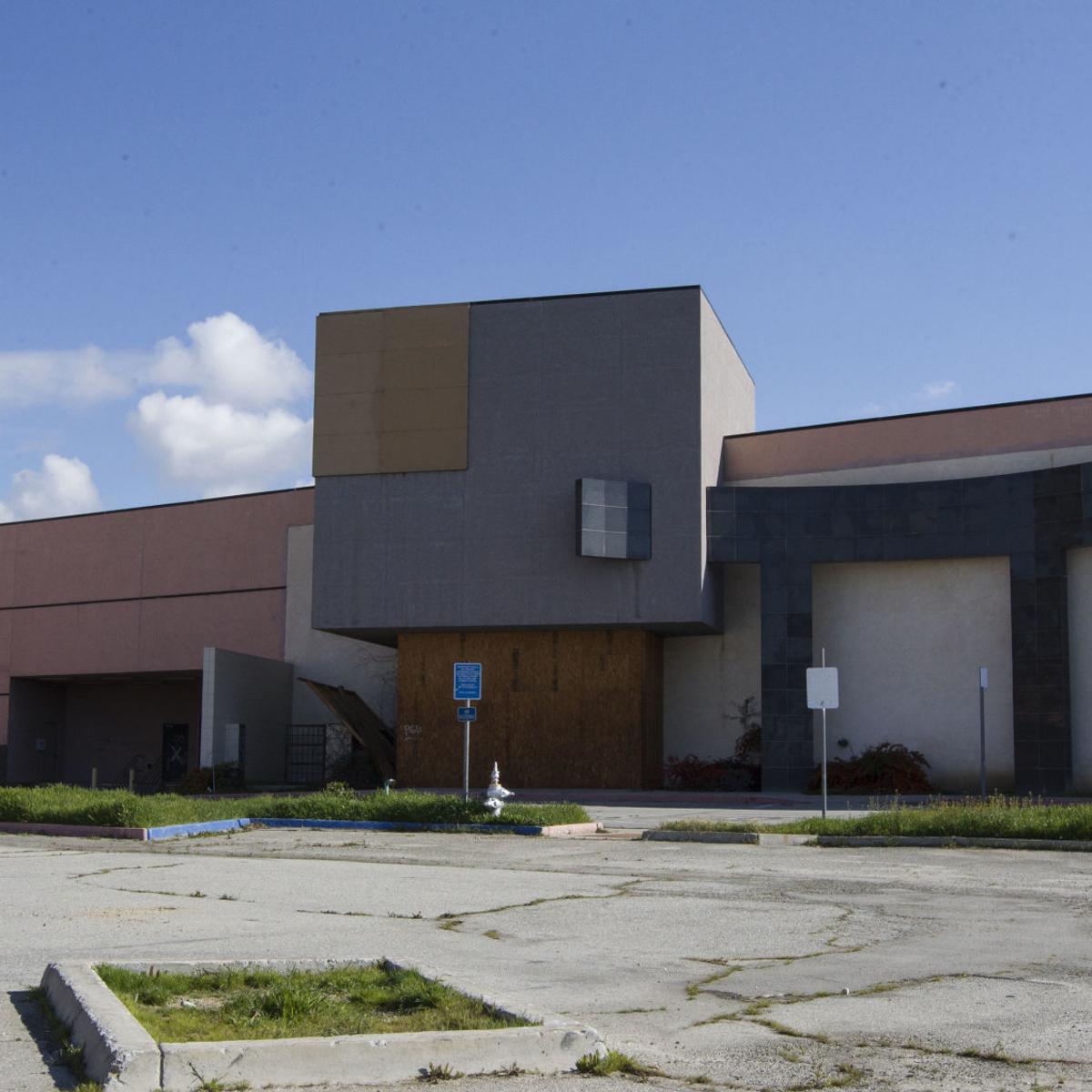&height=700&mode=crop&scale=both&width=1400&zoom=1&404=default) The other "modern" touchstone I envision in my mind's eye is the Godfrey Reggio film Powaqquatsi. I remember seeing this with a group of high school friends at the Dundee Theater in Omaha - not really a great date film, but one that left a definite impression on me. The film focuses on the how the elements of modernism - industry, technology, communications, world economy, etc. - impose themselves on the people and cultures in developing nations. The film is JUST images and music (superb Philip Glass soundtrack by the way). The image that sticks with me is also the movie poster: a boy walking toward the camera on a dirt road with a huge truck bearing down on him from behind. The boy pays no attention to the truck, keeping an even steady pace toward the camera, even as the behemoth passes, obliterating the boy in a cloud of dust. It's a spot-on visual metaphor for how modernism's more destructive side - devouring cultures that may be innocently oblivious to the changes around them.
The other "modern" touchstone I envision in my mind's eye is the Godfrey Reggio film Powaqquatsi. I remember seeing this with a group of high school friends at the Dundee Theater in Omaha - not really a great date film, but one that left a definite impression on me. The film focuses on the how the elements of modernism - industry, technology, communications, world economy, etc. - impose themselves on the people and cultures in developing nations. The film is JUST images and music (superb Philip Glass soundtrack by the way). The image that sticks with me is also the movie poster: a boy walking toward the camera on a dirt road with a huge truck bearing down on him from behind. The boy pays no attention to the truck, keeping an even steady pace toward the camera, even as the behemoth passes, obliterating the boy in a cloud of dust. It's a spot-on visual metaphor for how modernism's more destructive side - devouring cultures that may be innocently oblivious to the changes around them.Now to the book, Marshall Berman's All That Is Solid Melts Into Air. I am drawn to this text by an idea that modern life acts much like a parasite - sucking the lifeblood out of unsuspecting hosts while gaining in strength and size. We get caught up in its many manifestations: "the industrialization of production...immense demographic upheavals, severing millions of people from their ancestral habits...rapid and often cataclysmic urban growth" (16) just to name a few. This development, gone unchecked, has its cost. Berman's chapter on "The Tragedy of Development" delves into the phenomenon:
...the process of development has spread, often at a frantic pace, into the most remote, isolated, and backward sectors of advanced societies. It has transformed innumerable pastures and cornfields into chemical plants, corporate headquarters, suburban shopping centers-- How many orange groves are left in California's Orange County? It has transformed thousands of urban neighborhoods into freeways and parking lots, or into World Trade Centers and Peachtree Plazas, or into abandoned, burnt-out wilderness... (78)Tragedy indeed! These more concrete (pun intended) expressions of modernity hold my attention more than the philosophical and political. Berman begins his discussion by tracing the roots of modernism mainly to Rousseau and Marx - so will be getting a heavy dose of why/how the rise of the bourgeoisie correlates with the rise of modernist ideals. The title of the book actually comes from Marx: "All that is solid melts into air, all that is holy is profaned, and men at last are forced to face with sober senses the real conditions of their lives and their relations with their fellow men" (Berman 89). It seems that with modernism comes an awareness that may not always be pleasant - the reality of "the real conditions of our lives" may reveal servitude, shallowness, vapid frivolity, and futility in the presence of corporate power structures and addictive media. That's really why I'm reading the book, to get a better sense of what is the driving force behind all that is modern, and why we both embrace it and shrink from it.
Berman, Marshall. All That Is Solid Melts Into Air: The Experience of Modernity. New York, New York: Penguin Books, 1988.

Your response is rather eye-opening in the sense of perception. When I think of modernism, I can never really pinpoint if it has had a more negative affect or a more positive affect on us as a society. Looking back at the picture of the boy in front of the truck, I see distraction; distraction that could essentially lead to destruction. It sparks the idea in my head that these days, we are so caught up in technology and our social lives, we don’t even see what’s happening around us, quite literally (when it comes to texting and driving) and figuratively. Most of the issues of the real world are being hidden by useless headlines about celebrities and whatnot, meanwhile tensions between foreign countries are being ignored while men, women, and children are dying, and no one seems to bat an eye.
ReplyDeleteModernism has always seemed like a positive thing to me, advancing our technology, our whole life, providing all sorts of new things ranging from entertainment to medication. I never really viewed it as a negative thing. Obviously I've heard of some negative effects of modernism like industrialism being bad for the environment, but I've always thought the positives tremendously outweigh the negatives. I still do think that however I think using the term "parasite" is an accurate description of its negative side. Every where it goes it just takes over and becomes more powerful. Some people think modernism is amazing, some think its terrible, and others think its both. One thing that I believe is that modernism is here to stay and no matter how hard we try, we can't get rid of it, no matter how hard we try.
ReplyDelete